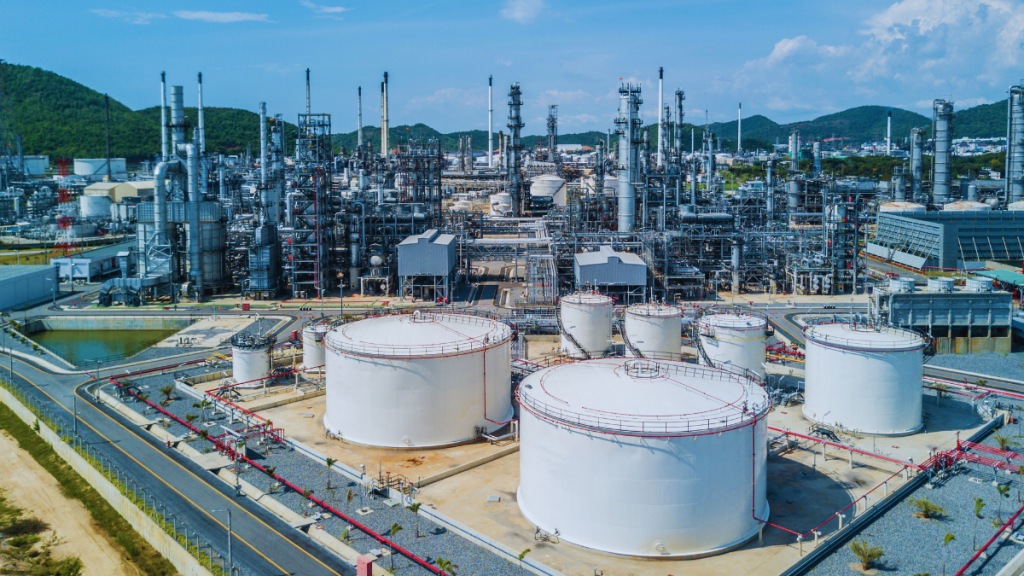The government will soon include refineries in the Harmonised Master List of Infrastructure, paving the way for Saudi Arabia’s sovereign wealth fund –Public Investment Fund (PIF)– and its subsidiaries to avail tax exemption on dividends, interest, and long-term capital gains (LTCG) on their proposed investments in refinery projects in India, sources said.
This assumes importance as PIF or its subsidiaries, on behalf of Saudi Aramco, may pick up 20% stakes each in the two new large refineries being planned by India’s state-run ONGC and BPCL on the country’s west and east coasts, respectively. Aramco’s initial investments in both the units could be around Rs 24,000 crore ($2.8 billion) including a debt component commensurate with equity. The investments could later be jacked up to $ 5 billion.
Fast-tracking tax benefits for Saudi investments
The Income-Tax Bill, 2025, which was approved by Parliament and signed into law by the president last month, specifically named PIF and its subsidiaries for tax exemption on income from investments in infra-assets.
However, without the inclusion of refineries in the HML list, the income tax benefit can’t be availed by the Saudi sovereign wealth fund. So, the processes are being fast-tracked for their inclusion in HML, as Saudi Arabia recently bailed out India by quickly inking a pact with India to supply fertilisers after China delayed supplies to India, averting a crisis, sources said.
Refineries in India were considered for the HML but were not included in the initial list in 2012, although they are part of the broader energy sector, which was approved for the list.
Strengthening energy and fertiliser ties
The HML was created to provide a consistent definition of infrastructure across government departments. It identifies sectors that are eligible for infrastructure lending, tax benefits, external commercial borrowing (ECB) at easier terms, and other benefits. The list is managed by the department of economic affairs.
In July, India signed Long-Term Agreements with Saudi Arabia for the supply of 3.1 million metric ton of Diammonium Phosphate (DAP) fertiliser per annum for five years from 2025-26 with further extension of five years with mutual consent.
India has faced supply issues from China in recent months. Though no official ban is in place, Chinese authorities have stopped inspecting fertiliser consignments bound for India. This has stalled about 150,000-160,000 tonnes of speciality fertilisers at ports. Imports from alternate sources like Europe and West Asia were 15-20% costlier.
